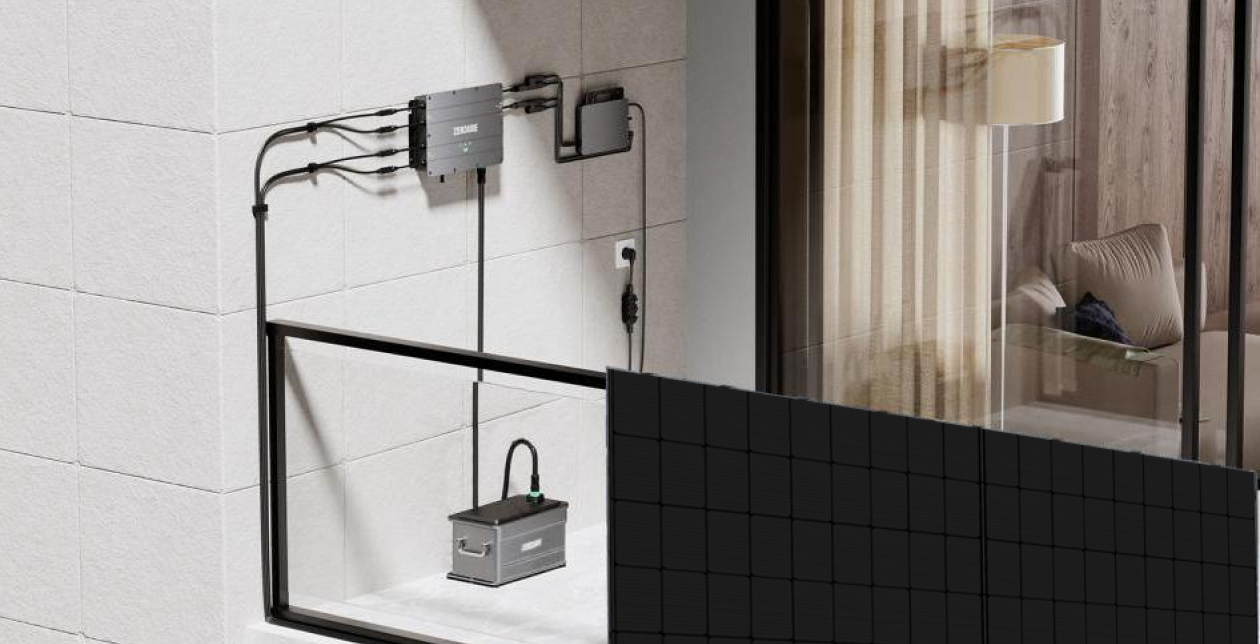
Offsetting household device consumption with an 800 W plugin solar kit
As the shift towards sustainable energy continues, many families are turning to plugin solar kits to reduce their electricity bills and carbon footprint. Robinsun offers several 800 W plugin solar kits that can be installed on a balcony, a pergola, a flat or tile roof, a wall, and in a garden. But what can it really achieve in terms of offsetting household energy consumption? Let's explore how a 800 W plugin solar kit impacts your home’s use of electricity.
Common household appliances
An 800 W plugin solar kit can produce between 4 to 5 kWh per day, considering around 8 to 10 hours of sunshine in summer in southern europe. To understand the benefits of an 800 W solar kit, it’s essential to look at the common household appliances and their energy consumption. Appliances like light bulbs, Wifi routers, refrigerators, kettles, coffee makers, air conditioners, televisions, water heaters and vacuum cleaners are integral to daily life but can consume significant amounts of electricity:- Light bulbs are necessities in every household. Traditional incandescent bulbs consume around 0,06 kW per hour each while energy-efficient LEDs use only 0,01 kW each. Suppose there are 8 to 12 LED bulbs in a 2-bedroom house, the consumption would be 0,08 to 0,12 kWh if all lights are turned on for an hour. Thus, an 800 W plugin solar kit can easily offset the lighting, especially if the lights are on only for several hours in the evening.
- A Wifi router is essential for most homes, consuming about 0,005 to 0,015 kW per day. It is connected 24 hours a day, leading to a daily consumption of 0,12 to 0,36 kWh. An 800 W plugin solar kit can easily cover the energy needs of a router.
- Charging a mobile phone is another common household activity. In general it costs 0,5 to 3 hours to charge a phone from 0 depending on the phone and charger you use. A phone charger usually uses around 0,005 kW. So, it consumes 0,0025 to 0,015 kWh daily per person. An 800 W plugin solar kit can cover this consumption.
- Refrigerators are essential appliances in every household that run continuously, 24h a day, 7 days a week. They generally use between 0,1 to 0,2 kW of power per hour, resulting in a daily consumption of 1,2 to 4,8 kWh. An 800 W plugin solar kit can potentially cover the full energy needs of a refrigerator, depending on its efficiency and size.
- Kettles and coffee makers are among the most frequently used kitchen appliances. They typically consume around 2 kW of power but are only used for short periods. Suppose you make 2 to 5 cups of coffee per day, each consume 2 minutes, and use the kettle 1 time per day, costing 4 minutes, then the operating time is about 8 to 14 minutes daily. This results in a daily energy consumption of about 0,25 to 0,5 kWh, which an 800 W solar kit can easily cover, especially with a few hours of good sunlight.
- Air Conditioners are heavy hitters when it comes to energy consumption. For window or portable units, an air conditioner can use approximately 0,5 to 2 kW. During peak summer days, it might run for 3-6 hours, leading to a daily usage of 1.5 to 12 kWh. While an 800 W solar kit might not cover the entire energy need of an air conditioner, it can still significantly reduce the overall consumption, particularly during peak sunshine hours.
- Televisions, especially modern LED models, are relatively energy-efficient, consuming around 0,1 to 0,2 kW per hour. If you watch TV for about 3 to 5 hours a day, it translates to a daily consumption of 0,3 to 1 kWh. An 800 W solar kit can easily offset the energy used by your television, making your evening entertainment essentially free from an energy standpoint.
- Water Heaters are among the highest energy-consuming appliances, with power usage ranging from 1,5 to 3 kW. They are used for shorter periods, typically 3 to 5 hours daily, leading to a consumption of 4.5 to 15 kWh per day. While an 800 W solar kit might not fully cover a water heater's energy use, it can still significantly contribute to reducing the overall load.
- Vacuum cleaners are more energy-consuming, with an average consumption of 0,5 to 1,5 kW. If you use it one hour per week during the weekends, the energy consumption on that day would be around 0,5 to 1.5 kWh, which can still be covered by an 800 W plugin solar kit.


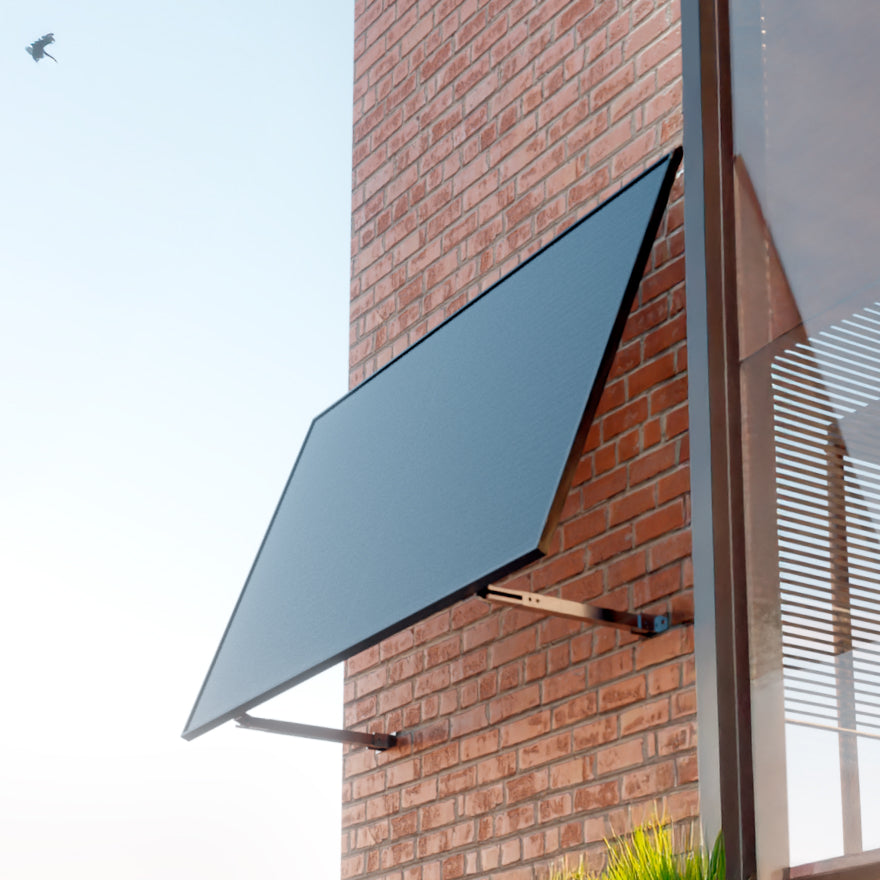
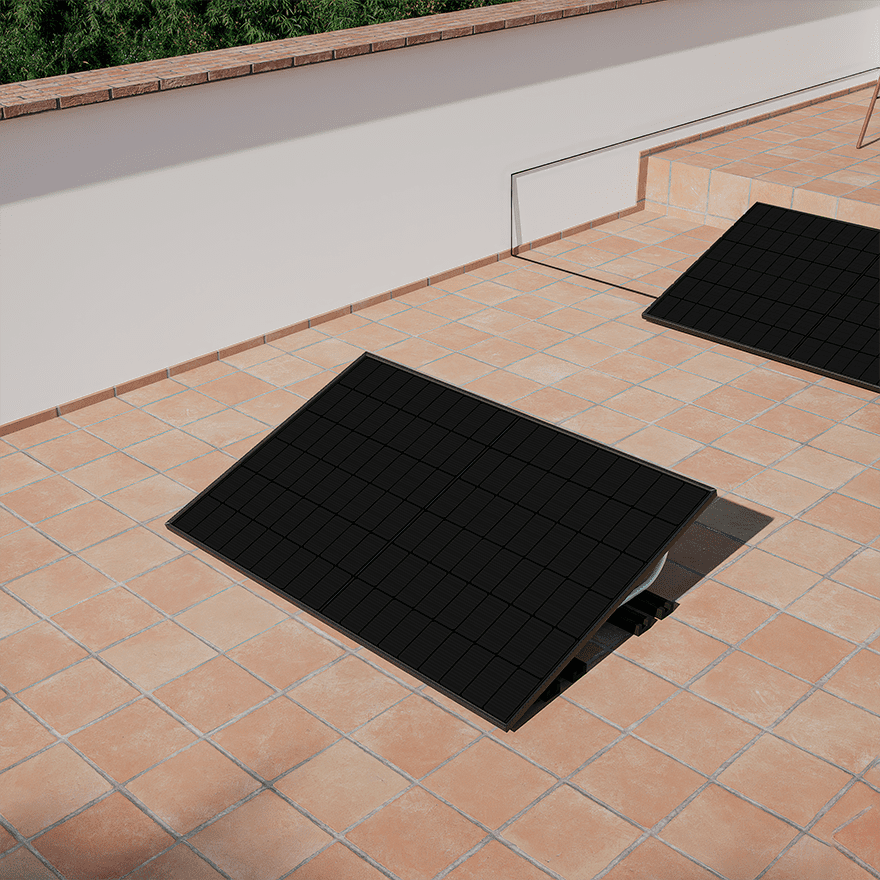
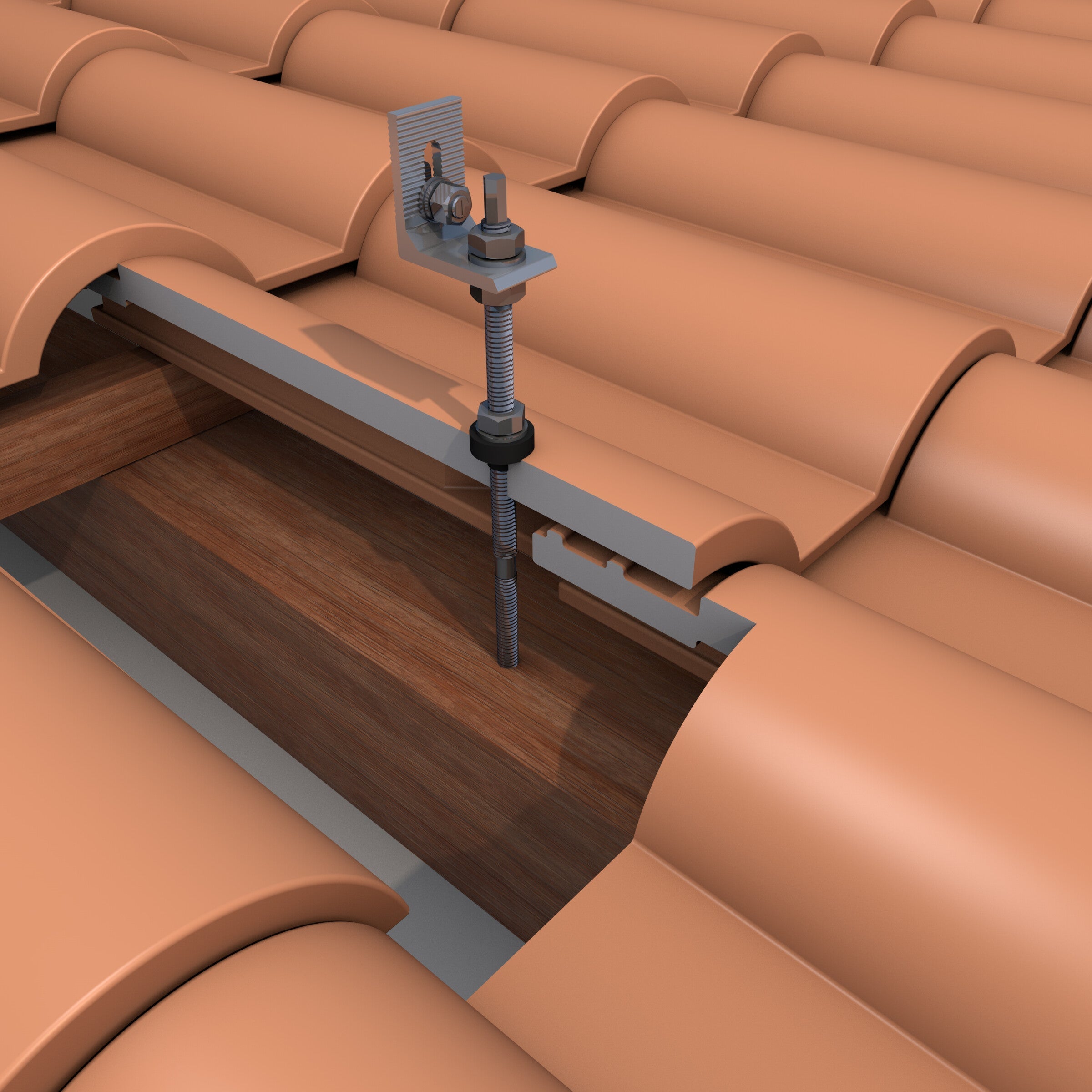
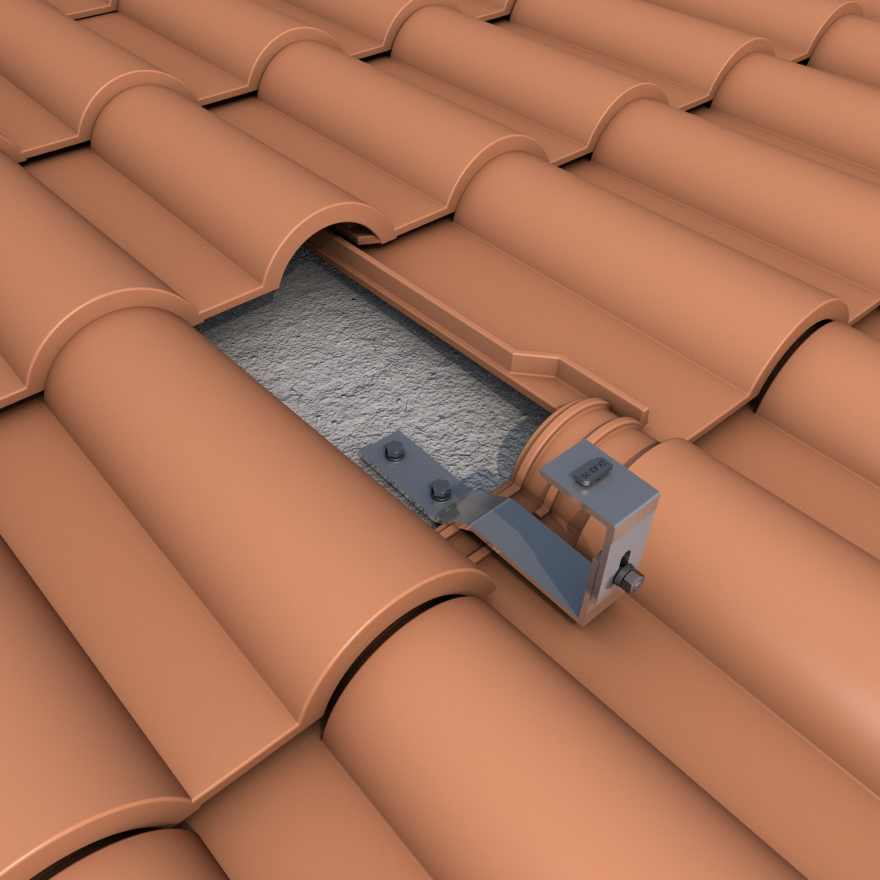
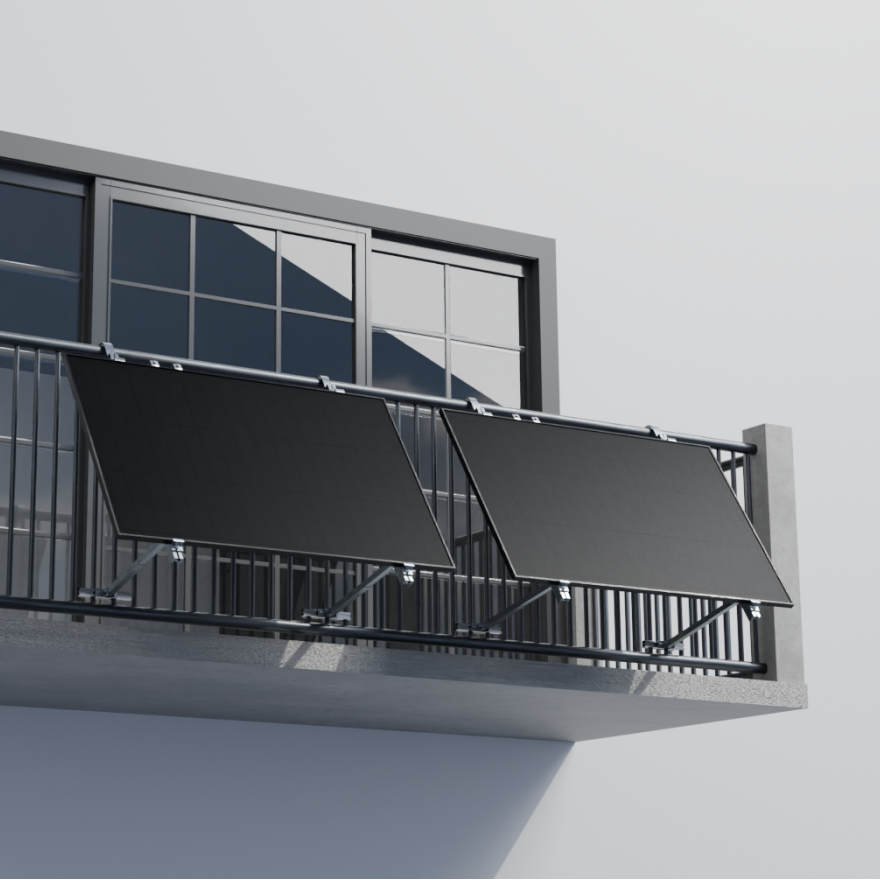
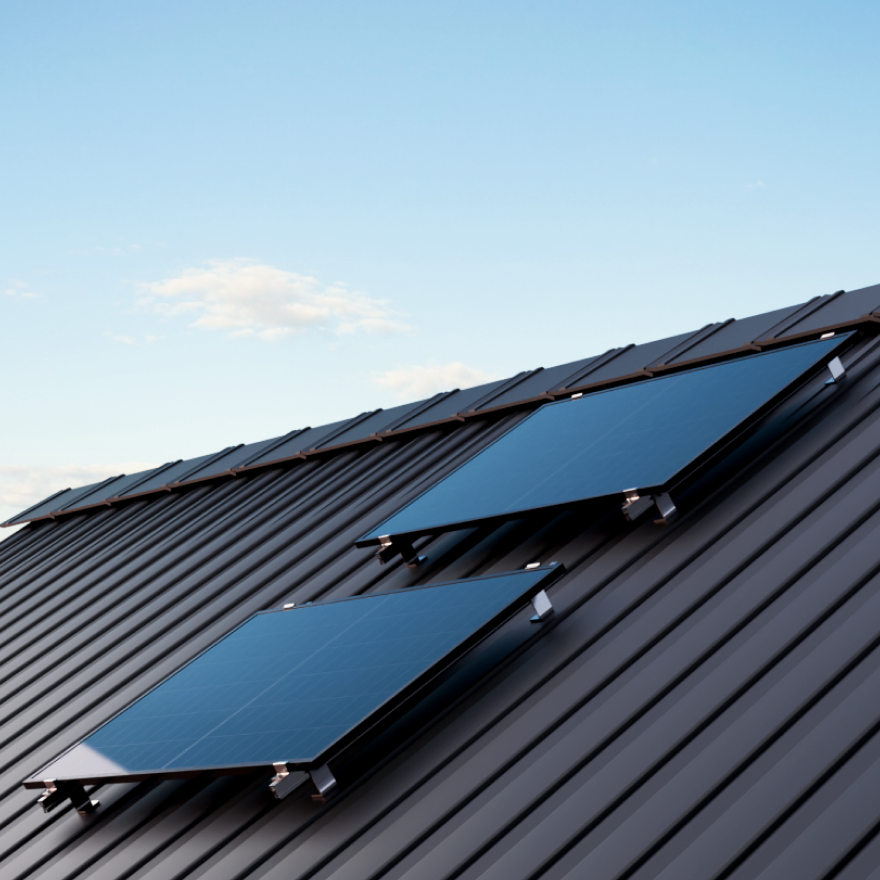
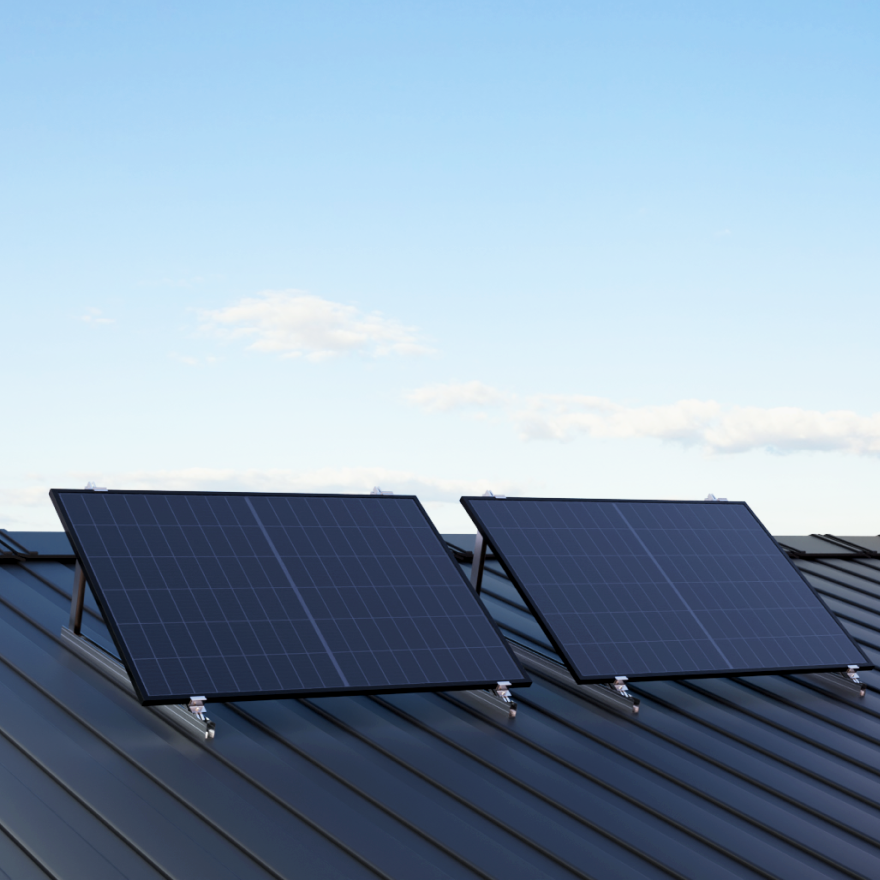
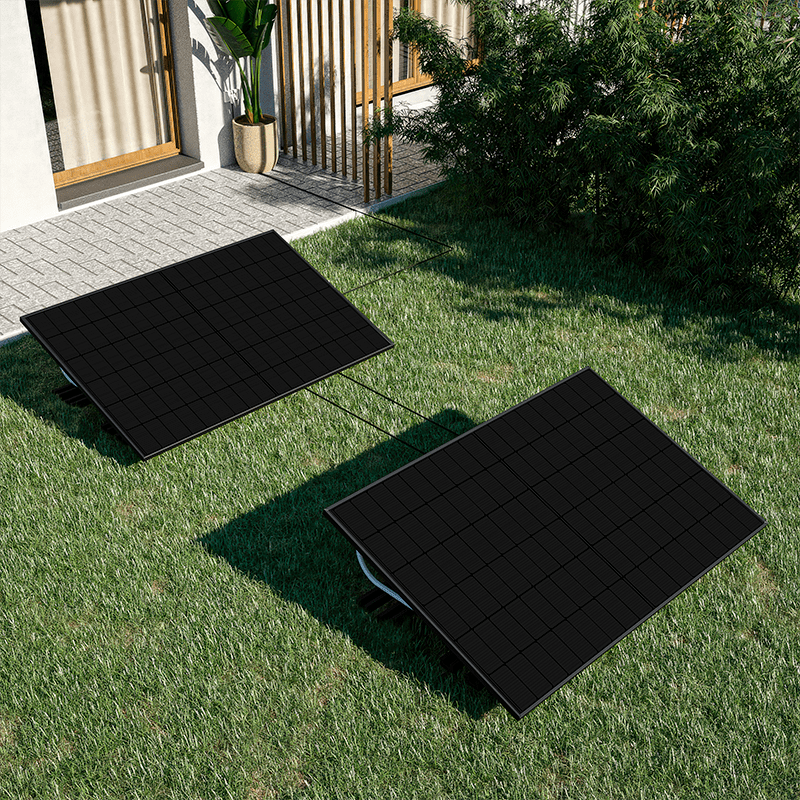
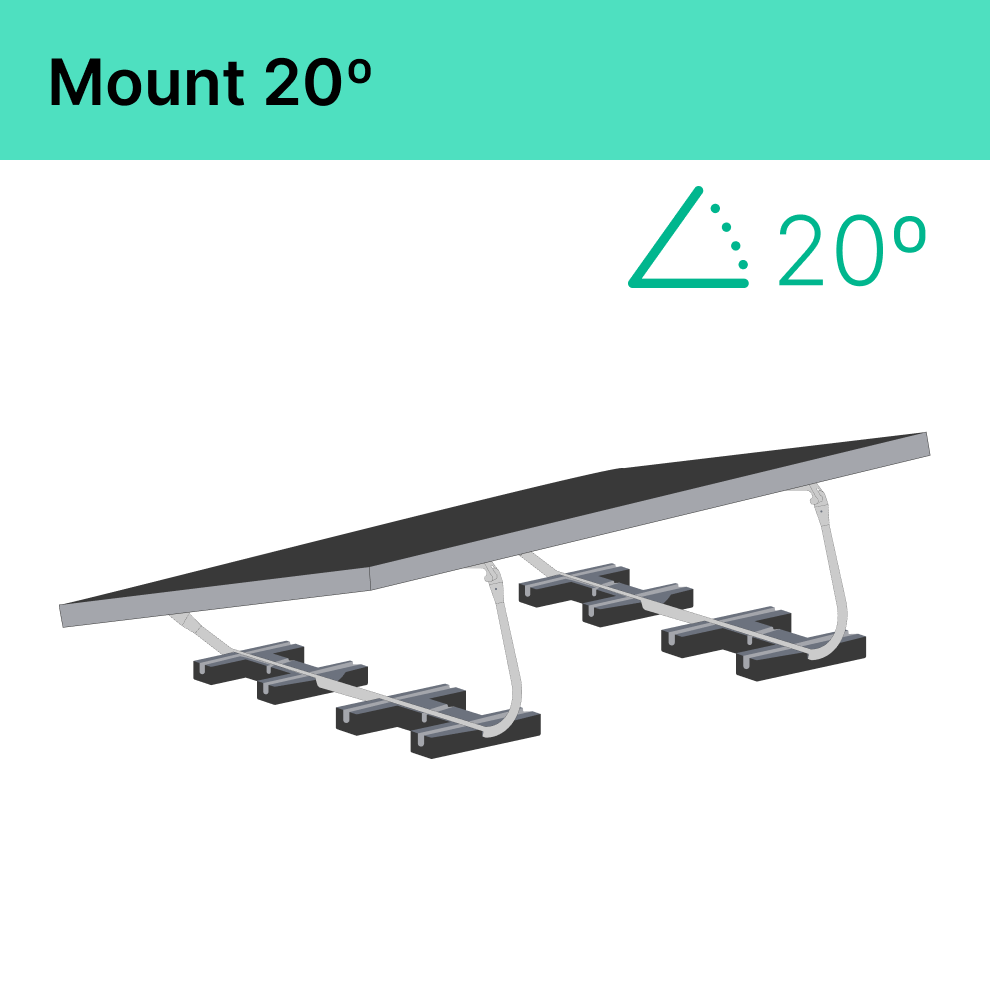
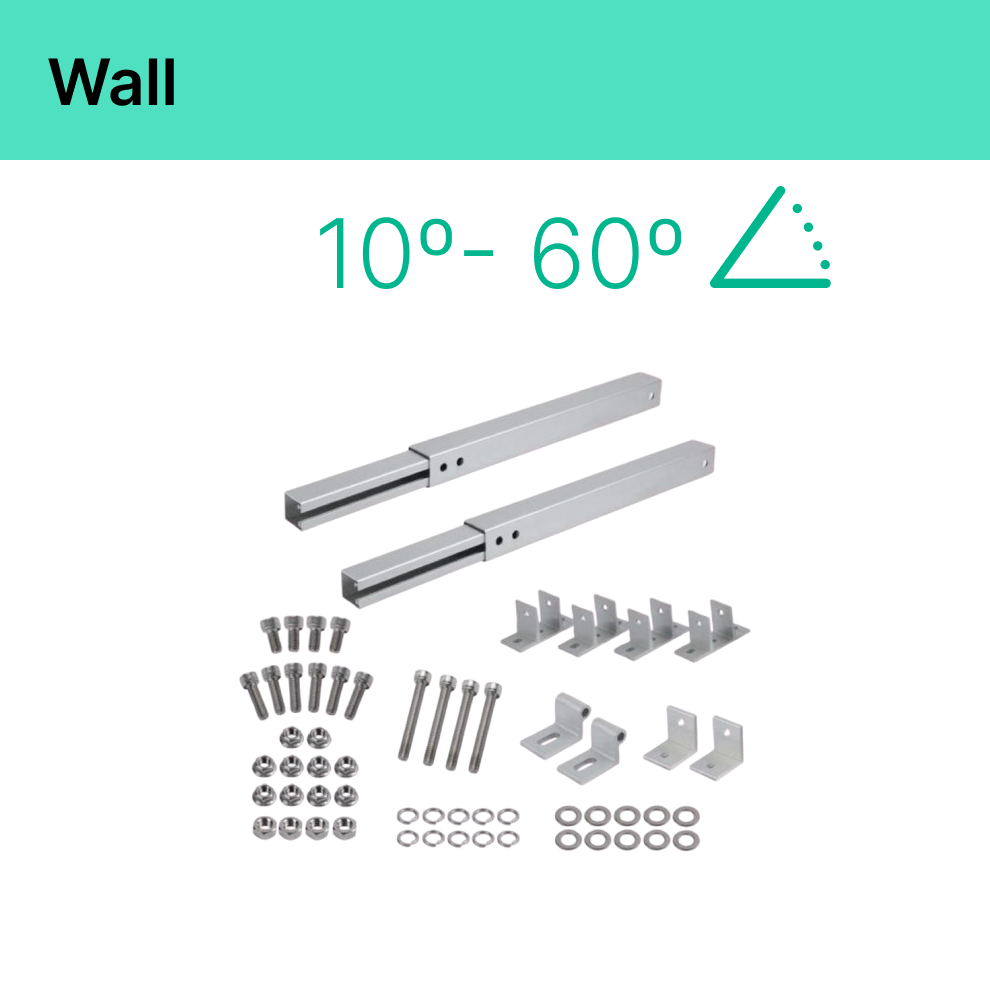
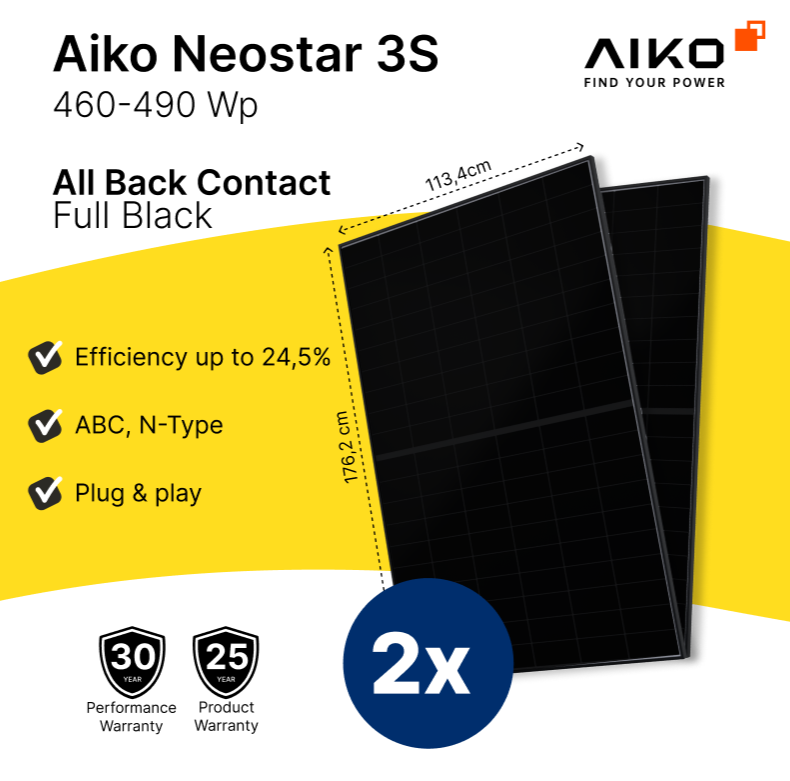
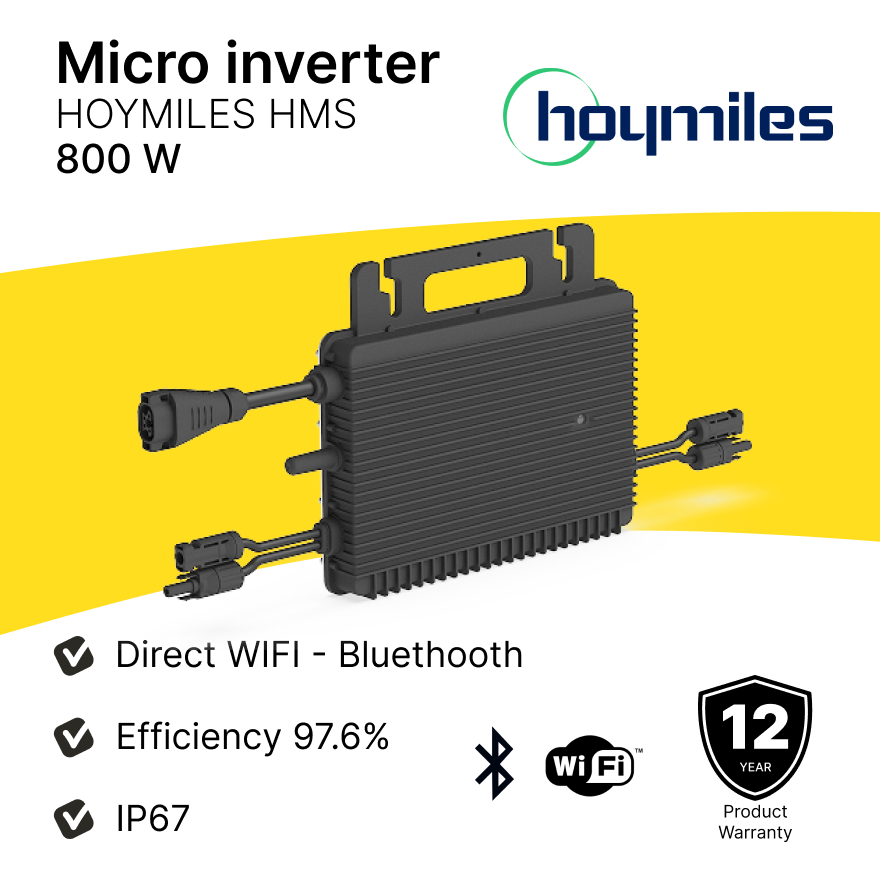


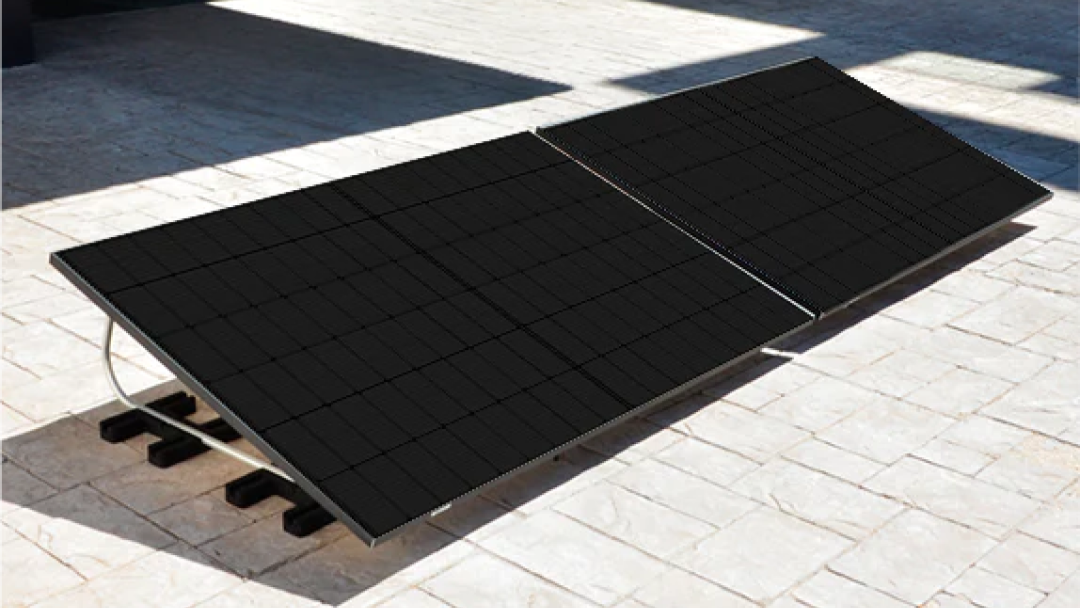
2 comments
Hola Antonio,
un kit solar enchufable de 2 paneles (800 W) produce hasta 1.600 kWh al año. Para hacerte un calculo para tu casa, contáctanos por WhatsApp al +34 640 91 31 51 y te asesoramos.
Anonymous
Buenas tardes.
Me podría indicar cuántos kW puede producir al día el kit solar de 800w.
Gracias y un saludo.
Antonio
Leave a comment
This site is protected by hCaptcha and the hCaptcha Privacy Policy and Terms of Service apply.